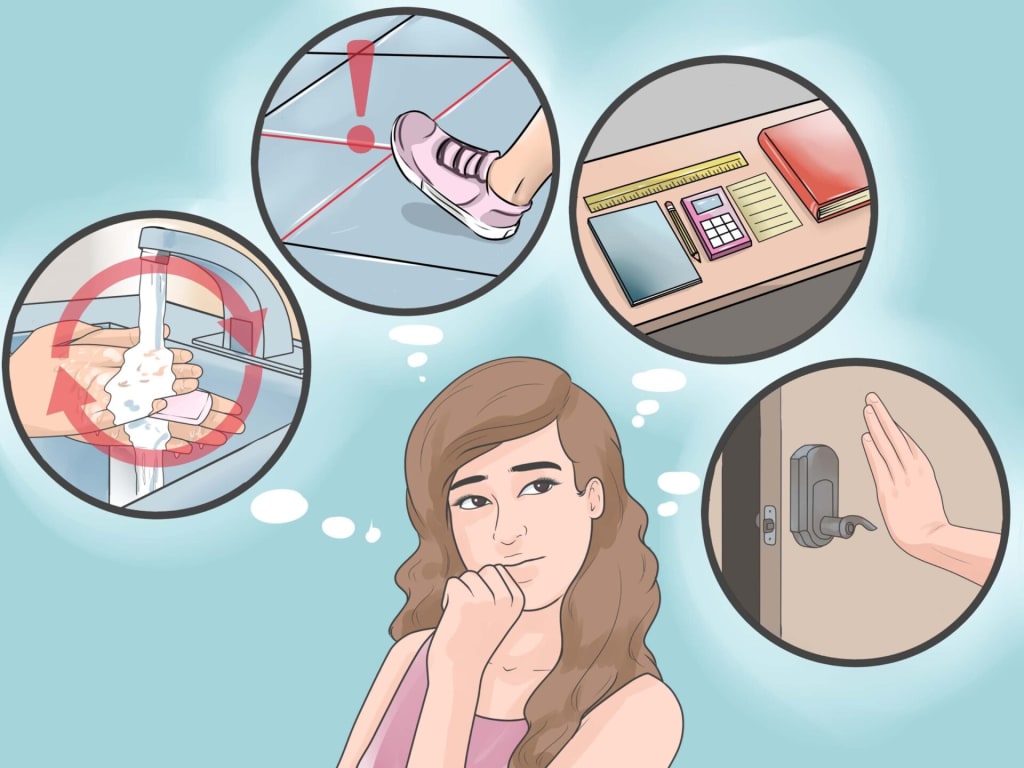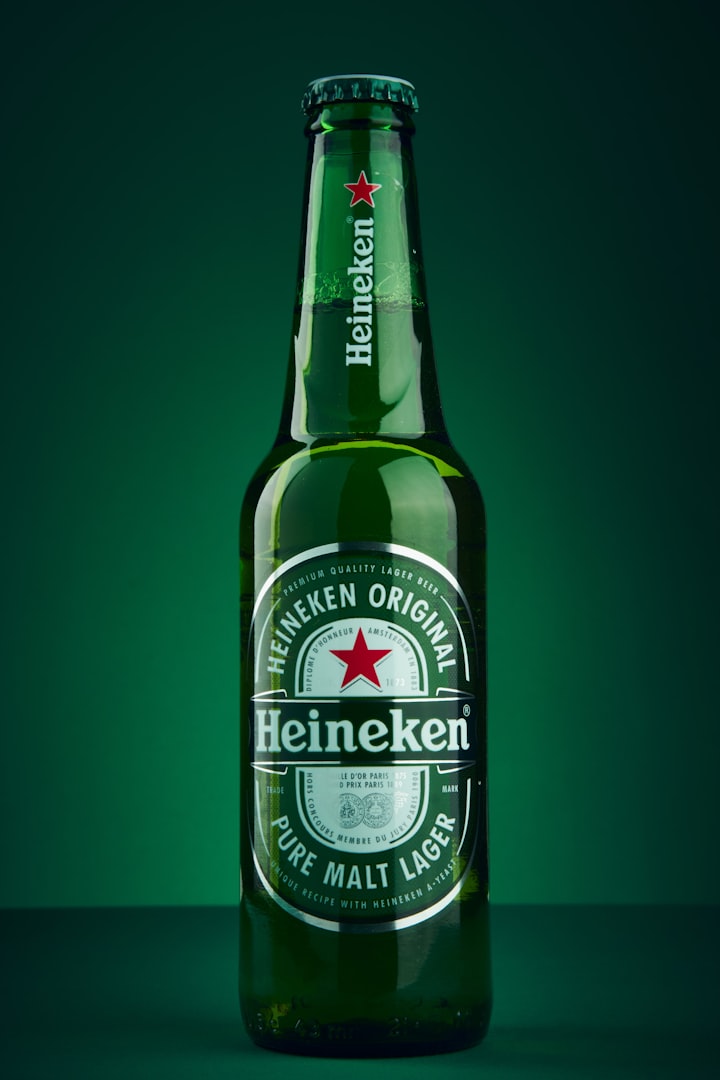The Link Between OCD and Depression: How to Cope with Dual Diagnosis
The Link Between OCD and Depression: How to Cope with Dual Diagnosis

Obsessive-Compulsive Disorder (OCD) and Depression are two common mental illnesses that often coexist. OCD is characterized by intrusive thoughts or obsessions that create anxiety, and compulsions or behaviors that are carried out to alleviate the anxiety caused by the obsessions. Depression, on the other hand, is characterized by feelings of sadness, hopelessness, and loss of interest in activities that were once enjoyed. The relationship between OCD and depression is complex and can be challenging to manage, but with proper diagnosis and treatment, it is possible to cope with dual diagnosis. This article will explore the link between OCD and depression, coping strategies, and depression treatment in Bangalore.
The Link Between OCD and Depression:
Research suggests that up to 75% of individuals with OCD will experience depression at some point in their lives. The relationship between OCD and depression is not entirely clear, but it is thought that the two conditions may share some common underlying factors, such as genetic predisposition, altered brain chemistry, and environmental factors. Some experts believe that OCD can trigger depression, while others suggest that depression can trigger OCD. It is also possible that both conditions develop independently but coexist due to shared factors.
Individuals with OCD often experience feelings of shame and guilt due to their obsessions and compulsions, which can lead to depression. OCD can be a debilitating condition that interferes with daily life, and the stress and anxiety caused by OCD can also contribute to depression. Similarly, individuals with depression may experience negative thoughts and low mood, which can trigger OCD symptoms. Depression can also make it challenging to cope with OCD symptoms and can exacerbate them.
Coping Strategies:
Coping with dual diagnosis can be challenging, but there are several strategies that can help individuals manage their symptoms. The first step is to seek professional help from a mental health specialist. A mental health specialist can diagnose both conditions and develop a treatment plan tailored to the individual's needs. Treatment may involve medication, psychotherapy, or a combination of both.
Psychotherapy can be an effective treatment for both OCD and depression. Cognitive-behavioral therapy (CBT) is a type of psychotherapy that is commonly used to treat OCD. CBT helps individuals identify negative thoughts and behaviors that contribute to their OCD symptoms and teaches them strategies to manage their symptoms. CBT can also be used to treat depression by helping individuals identify negative thought patterns and behaviors that contribute to their depression and developing coping strategies.
Mindfulness-based therapies can also be helpful in managing symptoms of OCD and depression. Mindfulness involves focusing on the present moment and accepting thoughts and feelings without judgment. Mindfulness-based cognitive therapy (MBCT) has been shown to be effective in reducing symptoms of both OCD and depression.
In addition to therapy, self-care practices can also be helpful in managing symptoms of OCD and depression. Exercise, getting enough sleep, eating a healthy diet, and engaging in hobbies and activities that bring joy can all help improve mood and reduce symptoms. Meditation and relaxation techniques, such as deep breathing and progressive muscle relaxation, can also be helpful in reducing anxiety and stress.
Depression Treatment in Bangalore:
If you are seeking depression treatment in Bangalore, there are several options available. Mental health professionals, such as psychiatrists, psychologists, and counselors, can provide treatment for depression. It is important to choose a mental health professional who is experienced in treating depression and who you feel comfortable working with.
Medication can be an effective treatment for depression, and there are several types of antidepressant medications available. Antidepressant medication can help improve mood, reduce anxiety, and increase energy levels. It is important to work with a mental health professional to find the right medication and dosage that works for you.
Psychotherapy can also be an effective treatment for depression. Cognitive-behavioral therapy (CBT) is a common form of psychotherapy used to treat depression. CBT helps individuals identify negative thought patterns and behaviors that contribute to their depression and teaches them coping strategies to manage their symptoms.





Comments
There are no comments for this story
Be the first to respond and start the conversation.